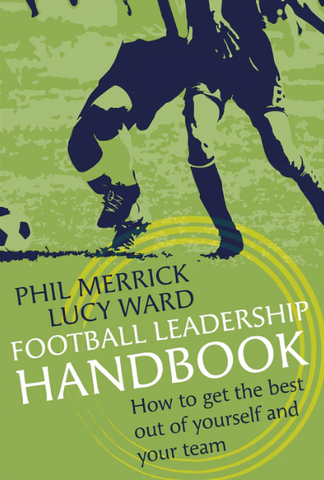England’s victory at Euro 2022 was a milestone not only for women’s football but for English football more generally too.
England had not won a major tournament since 1966. A painful 56 years of hurt. Yet there still appears to be a battle for respect when it comes to women’s football compared to the men’s game.
How loud, how immense would the buzz have been if the men had beaten Italy in the 2020 Euros final? Did Alessia Russo’s back-heel receive as much praise and attention as if Messi or Haaland had scored it?
Although progress has been made within women’s football, there continues to be a gap in how the women’s game is perceived. There is still work to be done.
Read on to discover the top three reasons why women’s football deserves more respect…

- Equality
Society talks a good game about equality, but are we all the way there yet?
There are certainly positive steps being taken to move the women’s game forward, such as the 2023 Women’s World Cup receiving $150 million in prize money, an increase of more than 300% from the 2019 event.
However, this is still significantly less than the $440 million the men received in 2022. A sign of reluctance to completely embrace women’s football perhaps?
These kinds of stats seem to show that the gap between women’s and men’s football remains significant.
A New Review Into Women’s Football
In a review commissioned following England women’s Euro 2022 victory, former England player Karen Carney MBE is calling for the Women’s Super League and Women’s Championship to finally become fully professional environments.
Amongst the review’s recommendations is the goal of the FA, Premier League and EFL to work with broadcasters to establish a dedicated broadcast slot for women’s football.
The report provides a blueprint for bringing women’s football onto a more level playing field with the men’s game. Read more about the report here.
- Women’s Strength and Resilience
Women’s football has faced an enormous amount of resistance. Women such as former Lioness Lucy Ward have fought valiantly for the game when faced with shocking obstacles.
Having been at Leeds United for 17 years, Lucy lost her job in 2015, after being sacked by the club’s owner Massimo Cellino.
Lucy won her case for unfair dismissal and sex discrimination against Leeds after evidence showed that she lost her job due to being the partner of former Leeds manager Neil Redfern. Neil was one of the six managers sacked under Cellino after he took over the club in 2014.
Lucy’s battle is proof that women in and around football still face the challenge of not always receiving the respect their hard work deserves.
Lucy has also seen first-hand the struggle women have faced in their mission to establish the game on a level playing field with the men. As she explains in her new book the Football Leadership Handbook, ‘I was around at the time when women’s football was moving from amateur/enjoyment to professional.’
Despite a lot of resistance to this, she points out that ‘elite players at the time drove this change through their attitude towards being the best regardless of not having the resources to be fully professional.’
In the face of these challenges, women such as Lucy have shown resilience and determination to provoke change.
- The Lionesses Brought Football Home
To break a drought of over 50 years without a tournament victory deserves enormous praise.
ThHowhe Lionesses did this despite the lack of funding and support for women’s football, further emphasising the respect women’s football deserves.
Despite this apparent superiority of men’s football, it’s the Lionesses who brought it home after the long, agonising wait. Girl power at its finest.
To read more from Lucy and how to develop your leadership skills, order your copy of the Football Leadership Handbook here.

